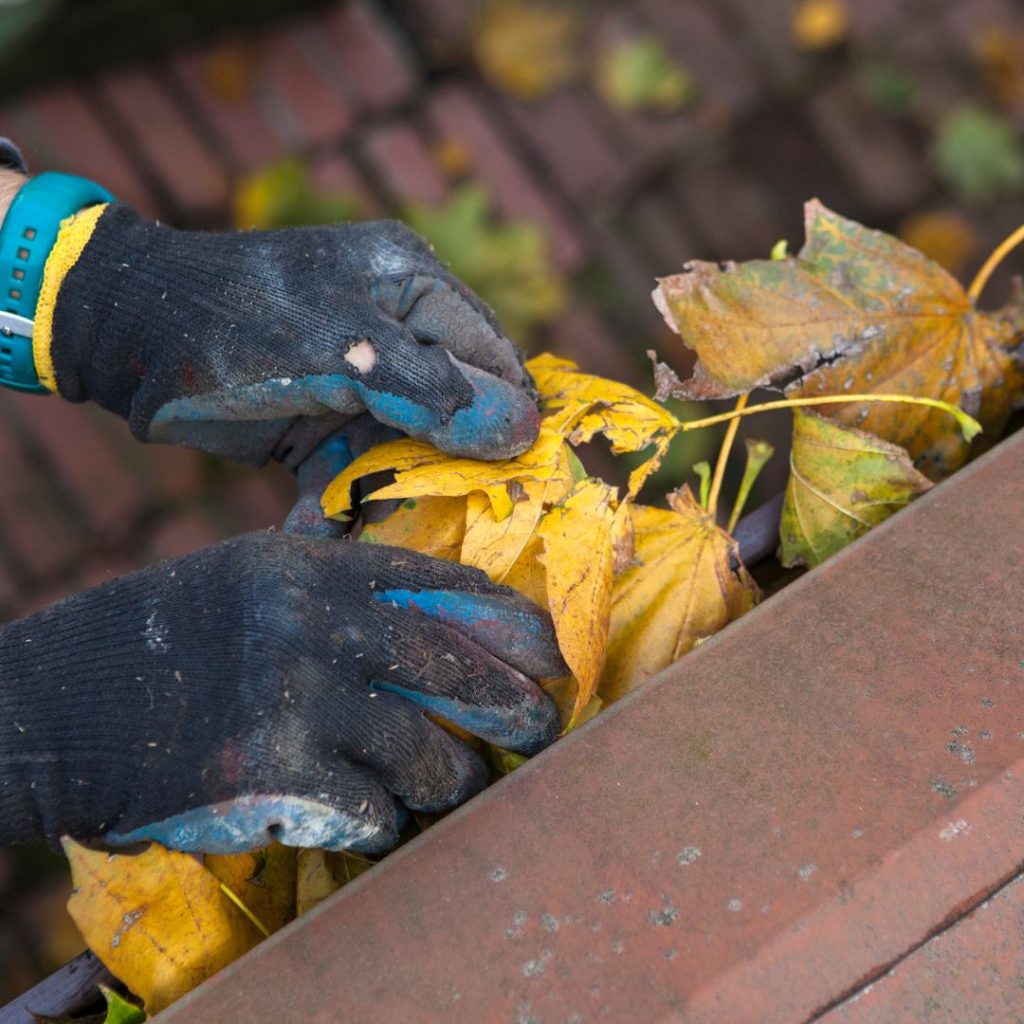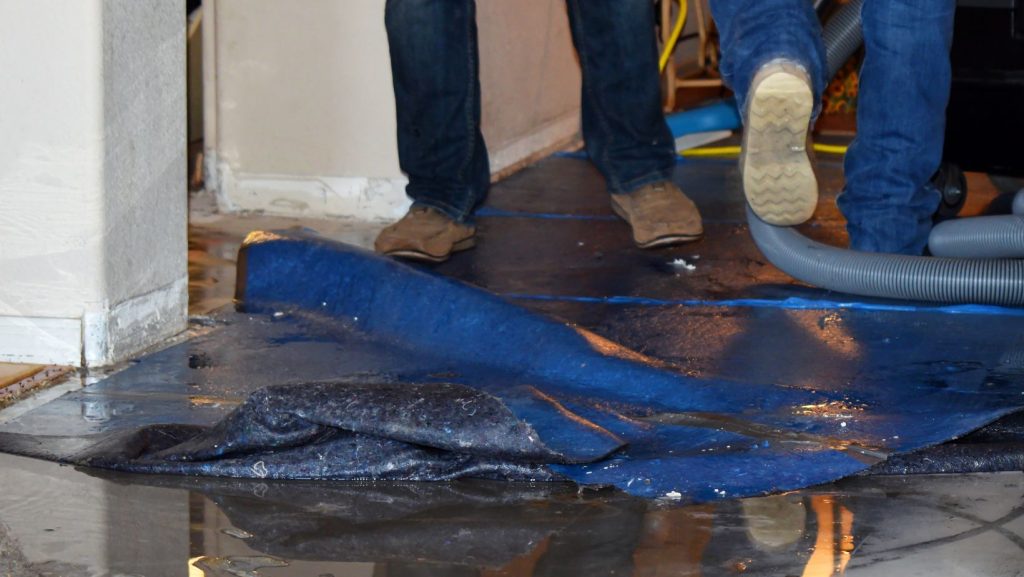
Stay Dry and Worry-Free: Protect Your Home from Heavy Rain Flooding
Hey there, homeowners! We all love a refreshing rain shower, but when those clouds gather and heavy rain sets in, it’s essential to ensure your home is ready to weather the storm. In this blog post, we’ll share some easy tips to prevent water damage and keep your home safe during extended periods of heavy rain. So grab a cup of coffee, sit back, and let’s dive in!

- Get Gutter-Ready: Your gutters and downspouts are the superheroes that protect your home from water damage. Give them some love by clearing out any debris like leaves and twigs. Clogged gutters can lead to overflow, so keep them spick and span!
- Foundation First Aid: Check your home’s foundation for any cracks or signs of water seepage. Patch up those cracks pronto and consider applying a waterproof sealant to keep the water at bay.
- Pump Up the Sump: If you have a sump pump, make sure it’s up for the challenge. Test it regularly to ensure it’s working properly. Give it a good clean and think about adding a battery backup system to keep it running even during power outages.
- Say Goodbye to Pooling: Let’s redirect that rainwater away from your home’s foundation. Ensure the grading around your home slopes away from the foundation, and use downspout extensions or splash blocks to carry water at least five feet away. No puddles allowed!
- Seal the Deal: Take a moment to inspect the seals around your windows and doors. Are they holding up against the rain? If not, repair or replace them to keep that water outside where it belongs.
- Battle the Basement Blues: Don’t let heavy rain dampen your basement spirits! Apply waterproof paint or sealant to basement walls and floors. And if needed, install a vapor barrier to prevent any sneaky moisture from creeping in.
- French Drains to the Rescue: If you live in a flood-prone area, consider installing a French drain system. It’s like having your own superhero squad to collect and redirect water away from your home.
- Power Play: Rainstorms and power outages often go hand in hand. Stay one step ahead by investing in a generator or an uninterruptible power supply (UPS). Keep your essential systems, like sump pumps and basement waterproofing devices, working their magic.
- Nature’s Trimmings: Take a walk around your property and look for any tree branches hanging precariously close to your home. Trim those branches and say goodbye to potential damage caused by falling limbs during heavy storms.
- Local tip: Philadelphia has a large number of homes with flat roofs. Flat roofs require more regular maintenance than sloped ones. Be sure to regularly inspect your flat roof for debris and ponding. And keep up with recommended replacement timelines. A typical flat roof needs replaced every 10-25 years.
- Insurance Safety Net: It’s always a smart move to review your homeowner’s insurance policy. Make sure you have sufficient coverage for flood damage. If needed, consider adding extra protection with flood insurance.
Responding to Unwanted Water
Despite your best efforts, sometimes water can still find its way into your home. If you discover unwanted water, here’s what you can do:

a. Safety First: Prioritize your safety and that of your family. Turn off the power supply to affected areas if it is safe to do so. Avoid walking through standing water as it may be electrically charged or contaminated.
b. Identify the Source: Determine the source of the water intrusion and try to stop it, if possible. If it’s a burst pipe or a plumbing issue, shut off the main water supply to prevent further damage.
c. Remove Water: Begin removing the water as soon as possible. Use a wet/dry vacuum or a pump to extract standing water. Open windows and doors to improve ventilation and aid in the drying process.
d. Salvage Belongings: If your belongings have been affected, carefully remove them from the water-affected area. Prioritize valuable and sentimental items and try to salvage what you can. Dispose of damaged items that pose health risks, such as soaked carpeting or furniture with mold growth. Products made of particle board should be tossed. This can include floor molding and some furniture.
e. Dry and Dehumidify: Use fans, dehumidifiers, and open windows to promote airflow and expedite drying. Wipe down surfaces with clean towels or cloths to remove excess moisture. Consider renting professional-grade drying equipment for large-scale water damage.
f. Document the Damage: Take photos or videos of the water damage for insurance purposes. Make a detailed list of damaged items and their approximate value to support your insurance claim.
g. Seek Professional Help: If the water damage is extensive or you’re unsure of how to proceed, it’s best to contact a professional water damage restoration company. They have the expertise and specialized equipment to mitigate damage and restore your home safely.
Remember, dealing with water damage can be overwhelming, but taking immediate action can minimize further harm. Reach out to your insurance provider to report the incident and discuss coverage options. Don’t hesitate to seek professional assistance when needed to ensure a thorough restoration process.
By following these simple tips, you can stay dry and worry-free even during the heaviest rainfalls. Remember, prevention is key. So be proactive, perform regular maintenance, and keep an eye on your home’s well-being. Now go out there and enjoy those rainy days, knowing your home is ready to weather any storm!
Stay safe and stay dry, friends!
